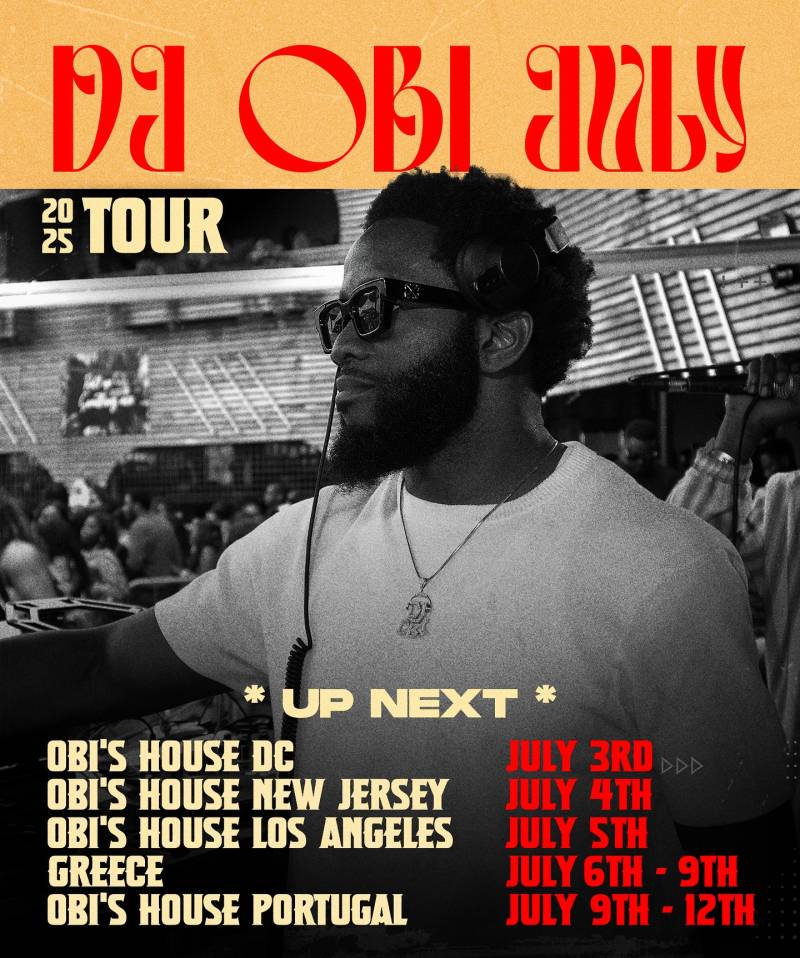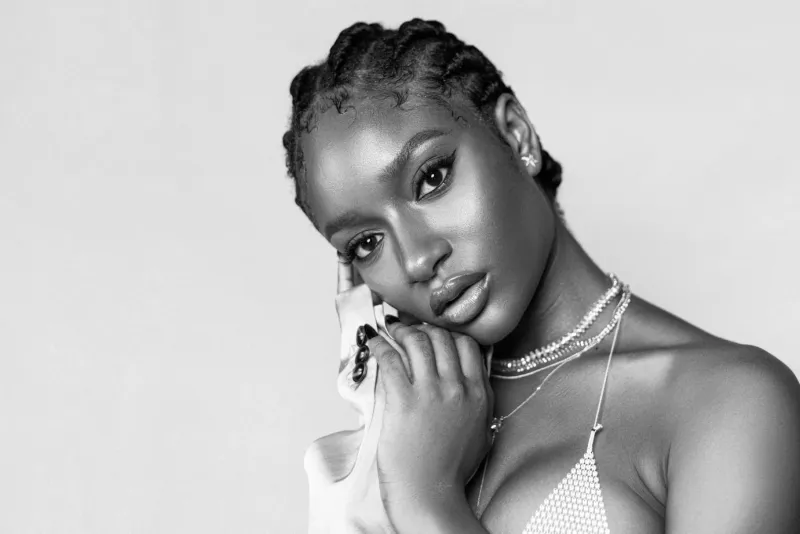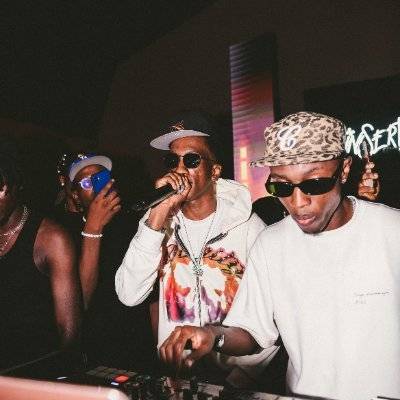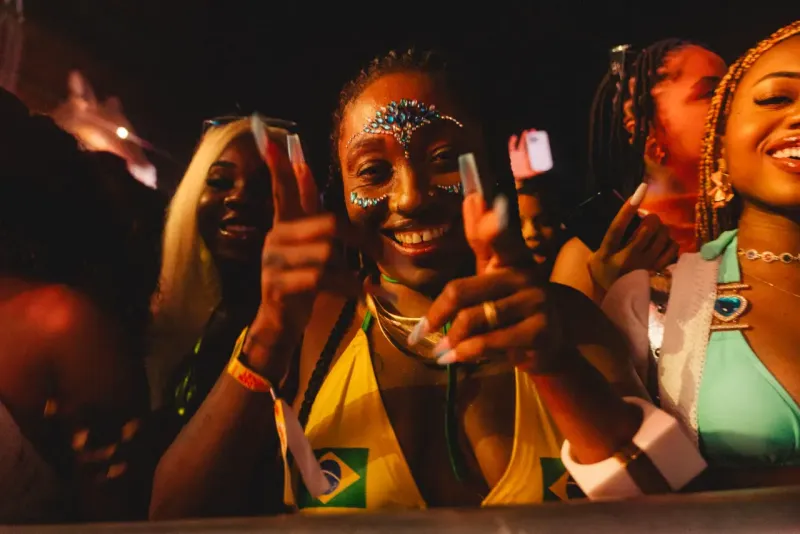Obi’s House isn’t just an event—it’s a phenomenon, a cultural shift, and a sacred space of joy for thousands of young Africans at home and in the diaspora. Before the beats drop, before the lights pulse in sync with an electrifying crowd, and long before the champagne sprays into the air, there’s one constant—gratitude. In Episode 2 of Obi’s House London, the party started the way all true celebrations should: with praise. “Let’s give God praise this morning,” rang out not just as a reminder but as a philosophy. That alone hints at the deeper layers beneath what might appear to be just another night out.
To understand the weight of Obi’s House today, you have to go back to its humble origins. What started in Lagos as a chill hangout with friends quickly morphed into a full-blown cultural event that blurs the lines between party, pilgrimage, and protest. Curated by the visionary Obi Asika, the event was never just about music or celebrity presence—it was about connection. Obi's House offered a new definition of nightlife: a home for creative minds, rebel hearts, and those longing for a space where being African wasn't just accepted, it was celebrated.

Read Also: Uphorial Sweatshirt

The growth of Obi’s House is a story of intentionality. Unlike typical raves or nightclubs that come and go, Obi’s House is sticky because it feeds a need. It caters to the modern Afro-youth’s hunger for authenticity. The crowd isn’t just dancing to afro beats—they’re dancing to the sound of their becoming. And when Obi’s House landed in London for the second time, that spiritual undercurrent came alive again in full force.
Episode 2 was more than a sequel—it was a statement. The production value elevated, the crowd doubled, and the energy surged like a festival finale. But even with all the glam, the soul of Obi’s House remained untouched. That moment of gratitude at the beginning wasn’t filler; it was foundation. Because Obi understands that in a world constantly telling you to hustle, conform, or shrink, creating a sanctuary that honors your roots and raises your spirit is a rebellious act of love. Obi Asika himself isn’t your typical showrunner. He’s a cultural architect. From co-founding Storm Records (home to musical legends like Naeto C and Sasha P) to shaping national policy around the creative economy, Obi has always had a keen eye for potential, not just in people, but in spaces and moments. Obi’s House is the physical manifestation of decades of work in building platforms for African voices. It's no accident that the event feels like a homecoming, wherever it goes.
London has long been a second home for many Nigerians and Africans, but for years, it lacked a nightlife experience that truly felt like ours. Not diasporan-adjacent or Afro-themed—ours. Obi’s House filled that gap. Episode 2 didn't just offer a night of music; it offered belonging. It reminded people who’ve worked hard all week, who’ve fought through isolation and microaggressions, that they are seen, valued, and worthy of joy.
What’s beautiful about the Obi’s House experience is that even with the DJs spinning and influencers turning up, the crowd doesn’t forget where they came from. You’ll catch someone in Prada with their eyes closed during the praise session. You’ll see someone else mid-dance break, whispering a silent “Thank You, God.” That blend of faith, fun, and freedom is the Obi’s House brand. It isn’t performative—it’s personal. So when people say Obi’s House London Episode 2 was a blast, they’re not wrong. But they’re not saying enough. It was a cultural reset. A night where music became a ministry. Where laughter became therapy. Where the African story wasn’t one of struggle, but of celebration. And if you’re paying attention, you’ll realize Obi’s House isn’t just an event you attend—it’s a calling you answer.



